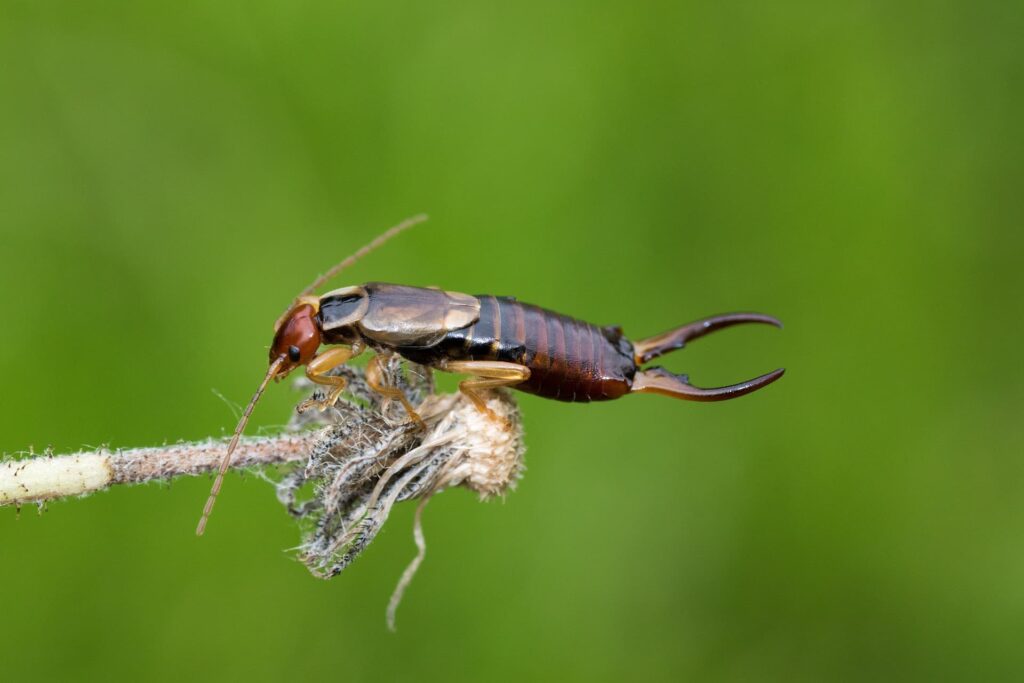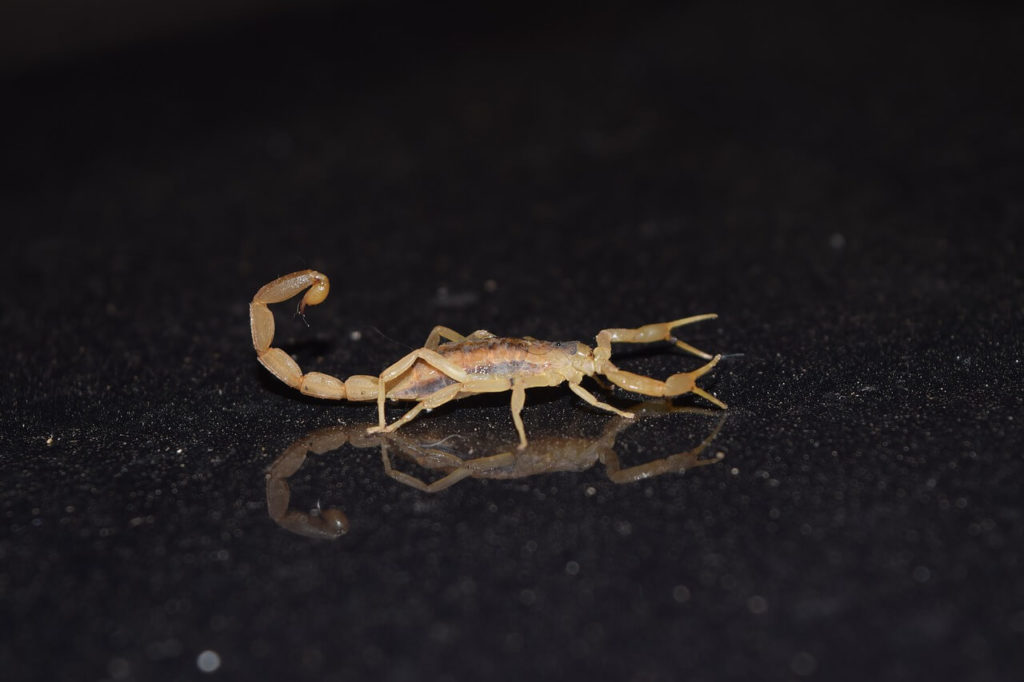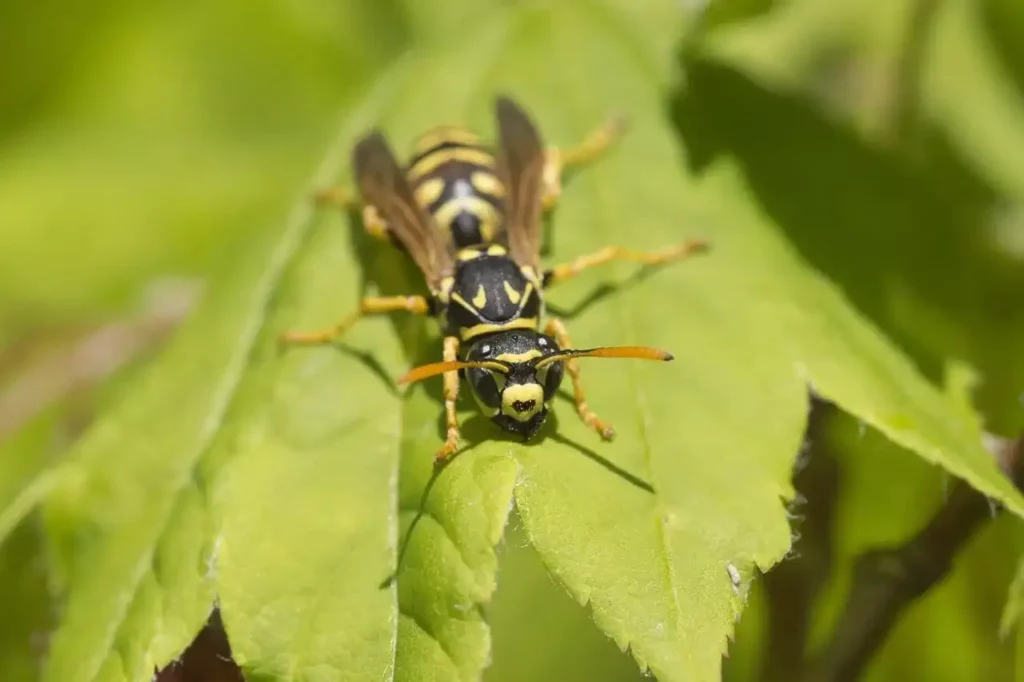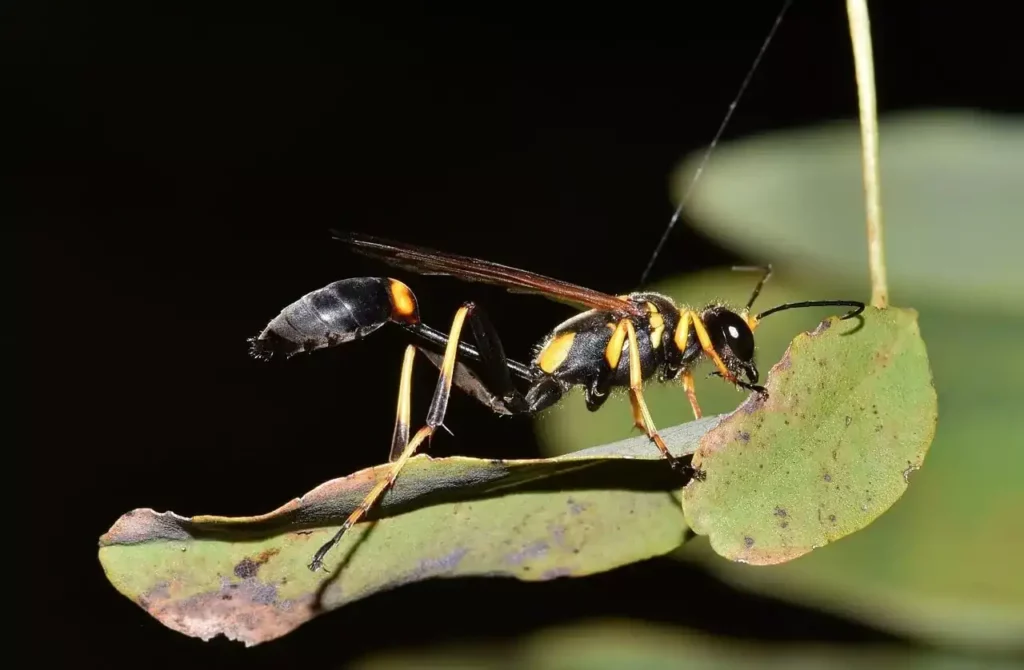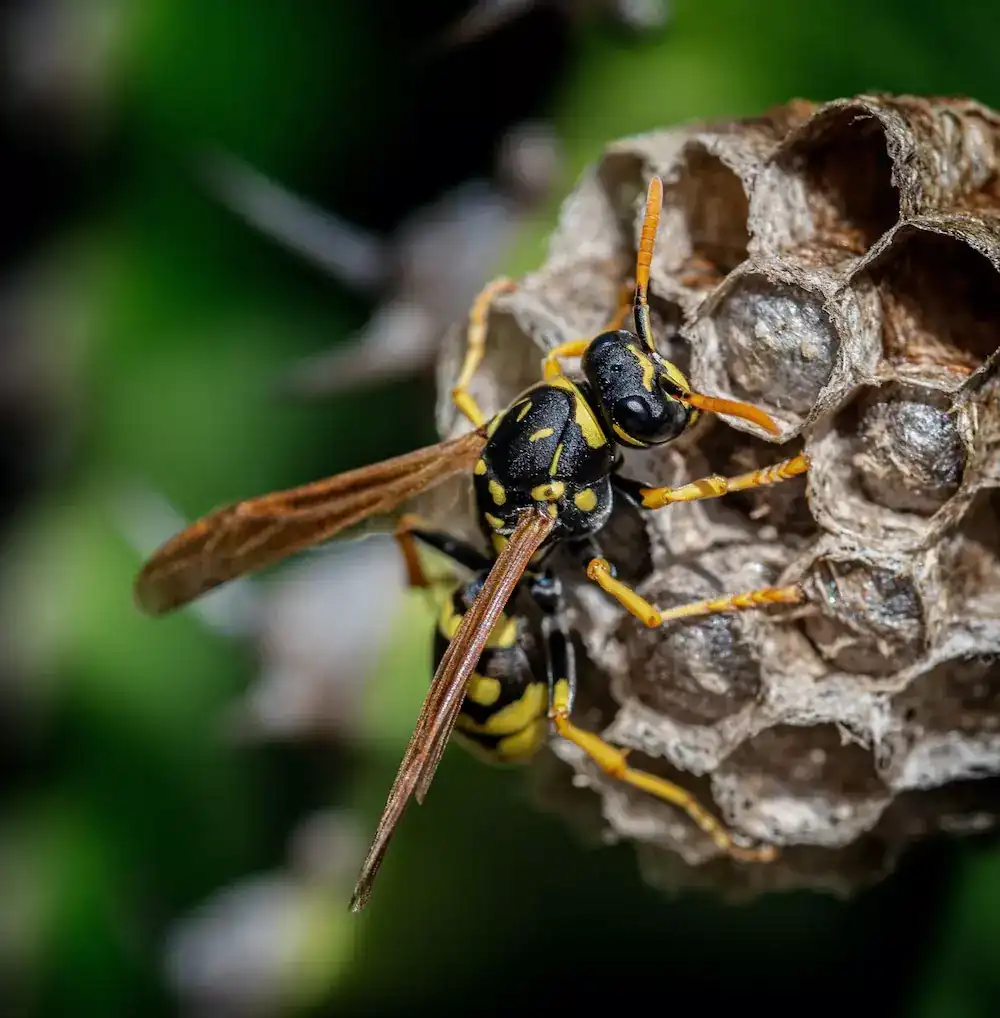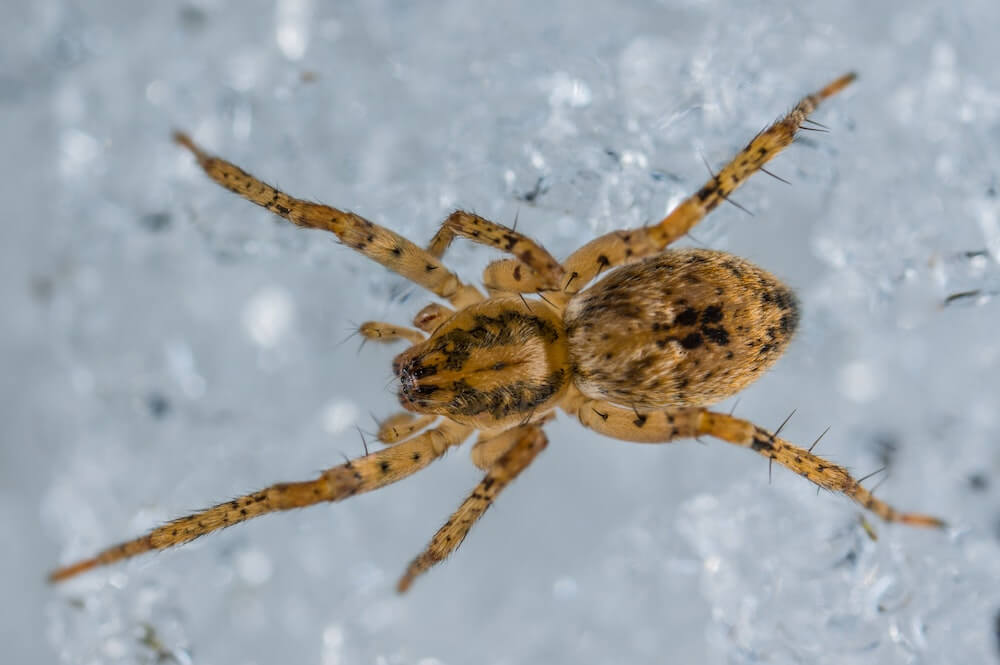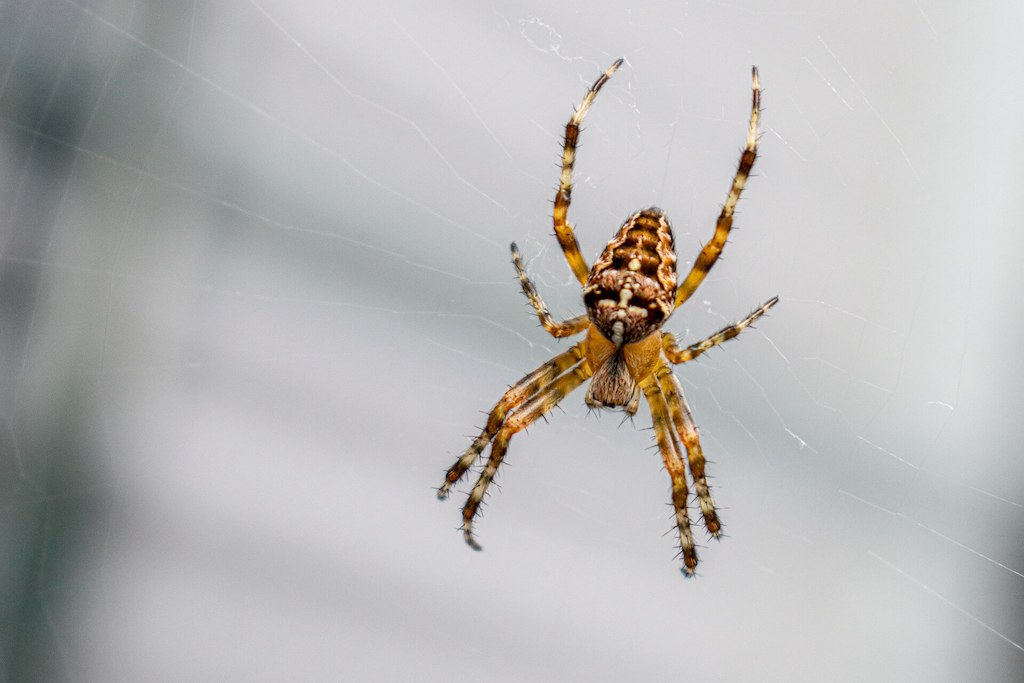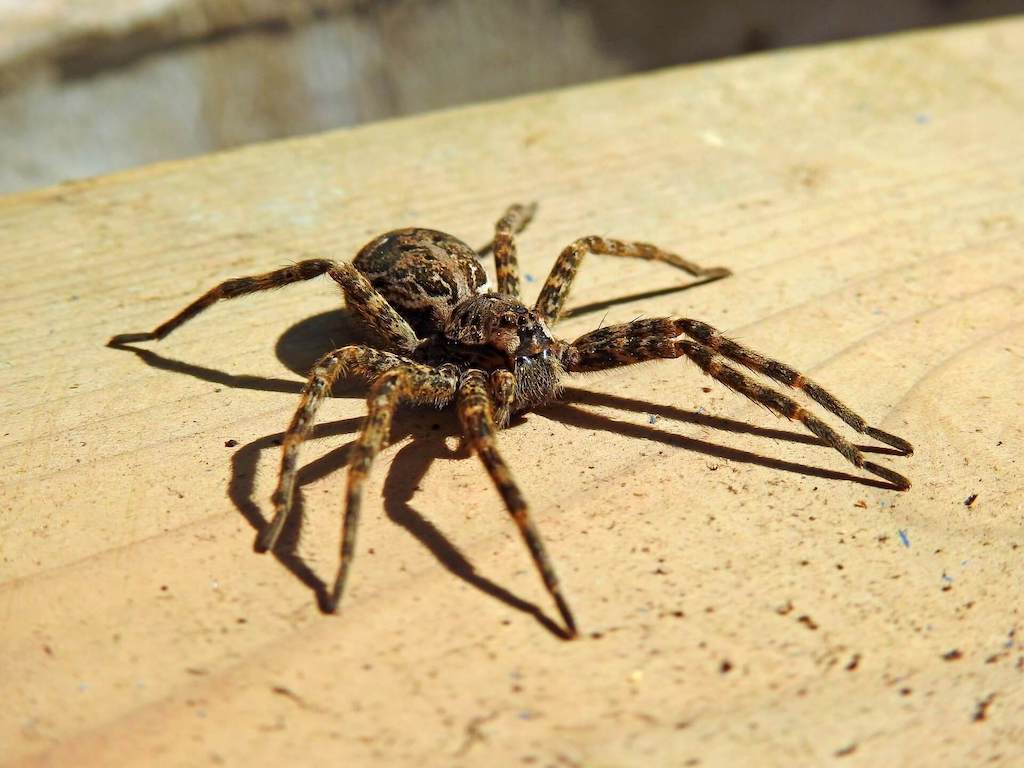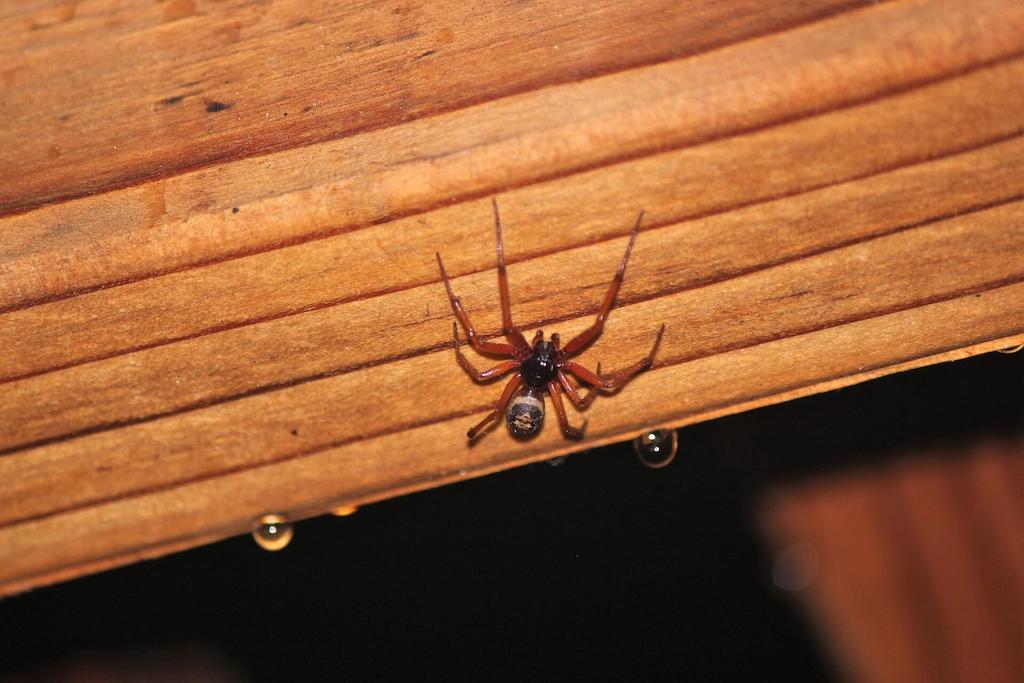Earwigs
Earwigs Earwigs are very strange looking, small to medium-sized insects found on all continents except Antarctica. Earwigs are members of the order Dermaptera and are distinguished by the pair of forceps-like pincers at the end of the abdomen. These insects get their name from a superstitious myth, claiming that earwigs crawl into your ear as …
